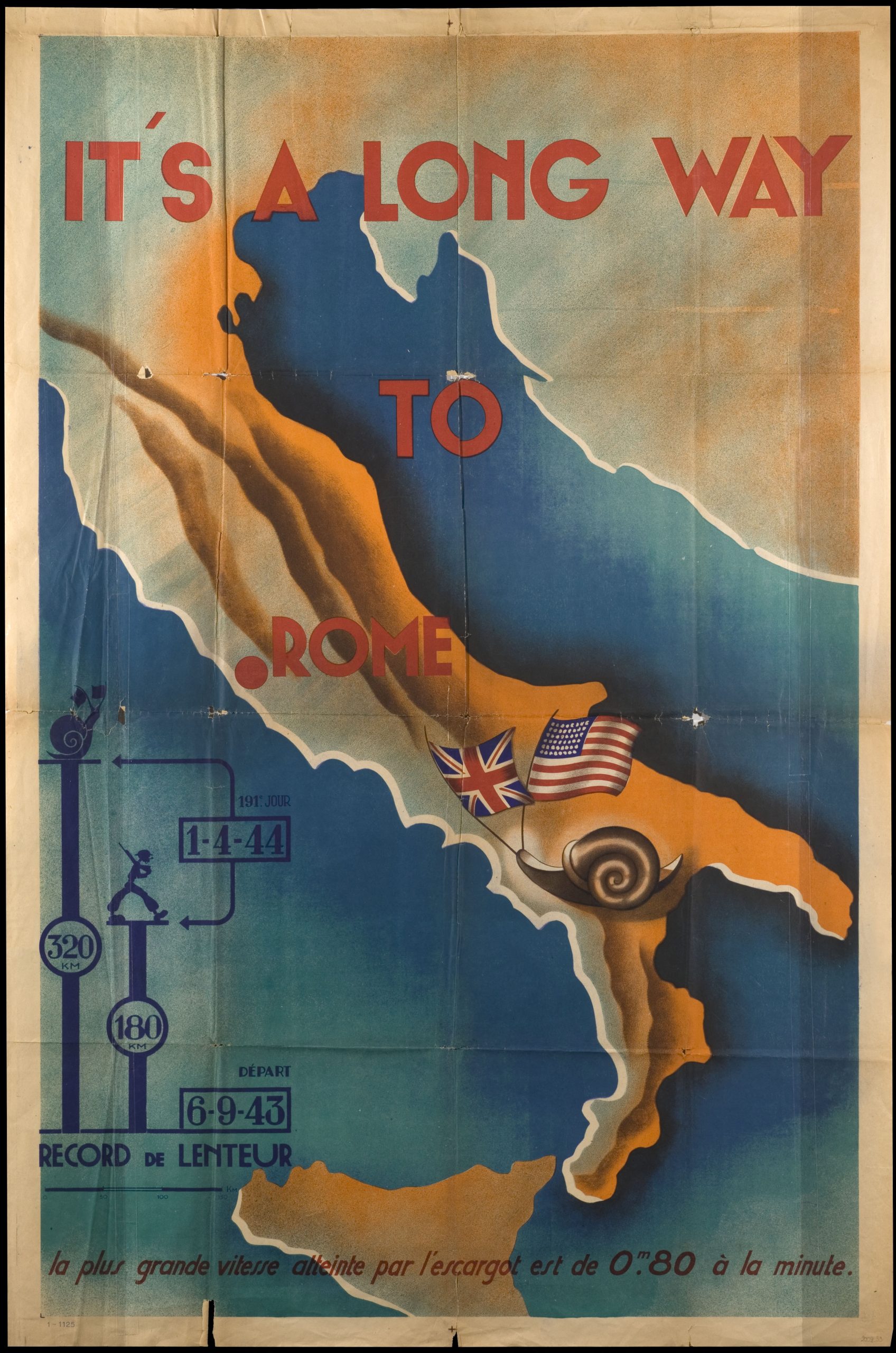The other landings in Italy, smaller in size, did not have such far-reaching consequences as Operation Avalanche, with repercussions throughout Europe, including:
- in Greece, reprisals against Italians began and, as in Italy, round-ups and deportations against the population intensified
- On the Russian front, the German stranglehold was loosened to reinforce the southern front.
- In Germany, there was a shift from the rhetoric of expansionism to that of resistance at any cost.
Victory was not a foregone conclusion; consider that General Clark was on the verge of ordering the re-embarkation, a decision that would have adversely affected the unfolding of History.
The contingents were made up of soldiers from many European nations: England, Poland, France; the army of the Commonwealth countries represented a multinational force in which they came together to confront authoritarian and anti-democratic regimes, Indians, South Africans, New Zealanders, Canadians etc. Traces of it can still be seen today on the tombstones of the Montecorvino cemetery, including that of the Prince of Wellington of the British Royal Family, in Canada where there is Lake Salerno, in England, Australia and the USA where streets commemorate Salerno and his epic. Even the US base in Afghanistan was named ‘Camp Salerno’.
In the liberated Italian concentration camps, among the foreign Jews, were musicians from every nation in Europe, such as Kurt Sonnenfeld, Lav Mirsky, Bogdan Zins, paradoxically saved from the German camps precisely by their imprisonment. The Sele Plain was traversed by writers such as Norman Lewis, jurists such as W.A.Elliot, photographers such as Robert Capa and American actors from William Wyler to John Sturgees.
In Salerno and southern Italy, the German retreat anticipated the Peace for whose defence the European Union was born, the testimony that no opposition is insurmountable. For Italy, the armistice was the realisation, paid at a high price, of the wretchedness of previous choices. In Salerno, all the anti-fascist parties, including the Communist Party, abandoned their divisions to pursue the dream of democracy in which all citizens have equal rights.
France, Italy and Germany, all playing different roles in Salerno, participated in the first construction of the European House, having experienced the injustice of wars that overwhelms local populations and the impossibility of finding solutions to conflicts. The enemies of the past gather at the negotiating table aware that they have only one further battle to fight: the elimination of differences and discrimination toward Peace and Integration.
